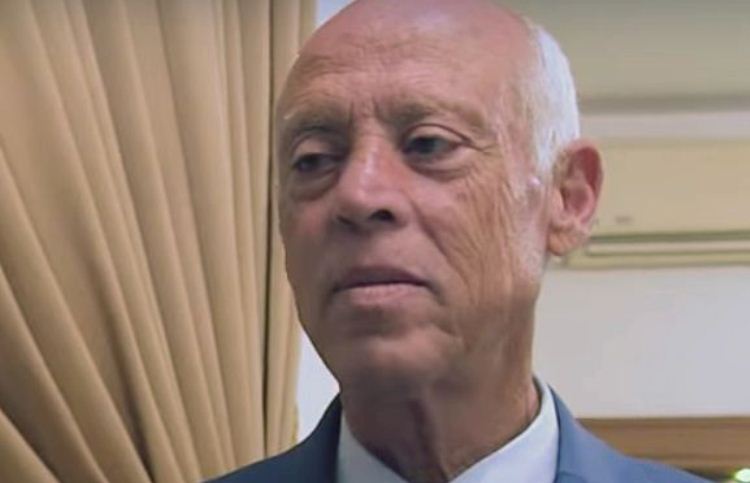The Diplomat
The Spanish government is following with concern the constitutional crisis that has erupted in Tunisia after the country’s president, Kais Saied, announced last Sunday his decision to suspend Parliament and dismiss the prime minister, Hichem Mechichi, to provisionally assume all his powers.
In a communiqué issued today by the Ministry of Foreign Affairs, the government also calls for calm and stability, and “appeals to the regular functioning of institutions, with the necessary respect for the rule of law and political freedoms and rights”.
Spain,” the communiqué adds, “has given its support to Tunisian democracy and the friendly Tunisian people from the outset, including the response to the effects of the Covid-19 pandemic, with the urgent dispatch of medical supplies to Tunisia on 16 July and its willingness to contribute to vaccination efforts.
The Ministry of Foreign Affairs yesterday renewed its travel recommendations to Tunisia to call for “caution, avoid crowds and respect the regulations in force”, and the Spanish Embassy recalled that the Tunisian authorities had imposed a curfew, a ban on travel between cities except for necessity and health emergency and a ban on meetings of more than three people in public places. These restrictions are in addition to the health measures imposed by the Government of the North African country, which has limited entry and stay because of the COVID-19 pandemic.
The French Foreign Ministry yesterday “appealed to all political forces in the country to avoid any form of violence and to preserve the country’s democratic achievements” and called for “respect for the rule of law and for the institutions to return to normal functioning as soon as possible so that they can concentrate on the response to the health, economic and social crisis”.
The German Ministry also urged a “rapid return to constitutional order” and a “preservation of civil liberties and restoration of the functions of Parliament” and the Italian Foreign Minister, Luigi di Maio, held a telephone conversation with the EU High Representative for Foreign Policy, Josep Borrell, in which both addressed the situation in Tunisia following “the latest worrying developments” and renewed their “shared commitment to the political and economic stability of the country”. For her part, EU Foreign Affairs spokeswoman Nabila Massrali called on “all actors to respect the Constitution, its institutions and the rule of law.”
President Saied decided on Sunday, after an emergency meeting with senior military and security officials, to freeze the functions of Parliament and to relieve the Prime Minister, from the Islamist Ennahda party. The president also ordered the withdrawal of the immunity of parliamentarians and yesterday dismissed the ministers of defense, justice and the interior.
Supporters of Ennahda and the president clashed in front of Parliament yesterday after security forces prevented the entry of Parliament Speaker and Ennahda leader Rachid Ghanuchi, who accused Saied of staging a “coup” and called on his supporters to demonstrate to “recover democracy and the revolution.” Ennahda was the most voted party and the largest parliamentary force after the last elections.
The president’s measures, justified by the need to “save Tunisia, the state and the Tunisian people”, came after hundreds of people demonstrated in the country’s main cities to protest against the government and its handling of the economic crisis, which has been aggravated by a new outbreak of the coronavirus. Tunisia is suffering its worst wave of COVID-19 since the outbreak of the pandemic. Last Wednesday, a day after the dismissal of Health Minister Fauzi Mehdi, President Saied announced that the army had taken over management of the pandemic. The Spanish government last week sent a first shipment of humanitarian aid to Tunisia to deal with the effects of COVID-19.







